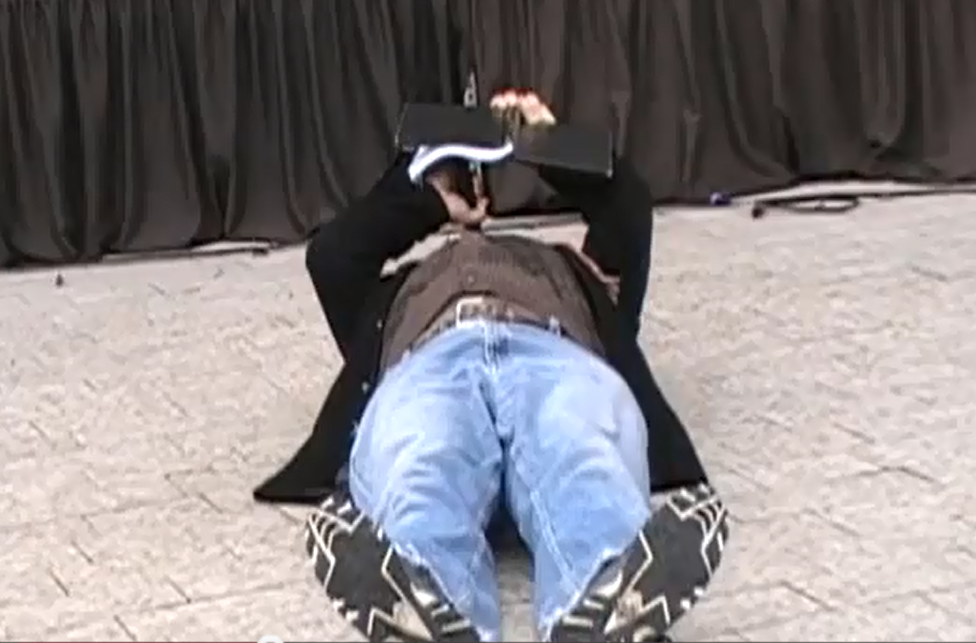E.S. Jenkins’ “Weary”: Sorrow, Greatly Multiplied

Anthology Poet Highlight 25/82: E.S. (Sarah) Jenkins, “Weary” I counted them as they came—sons and daughters who didn’t count. I counted their limbs, perfect limbs, like their father’s— nothing so imperfect. I found him perfect, my one week of us, my one weak husband. In her moving elegiac poem, “Weary,” Sarah highlights a less than pleasant aspect of the woman’s… Read more »









